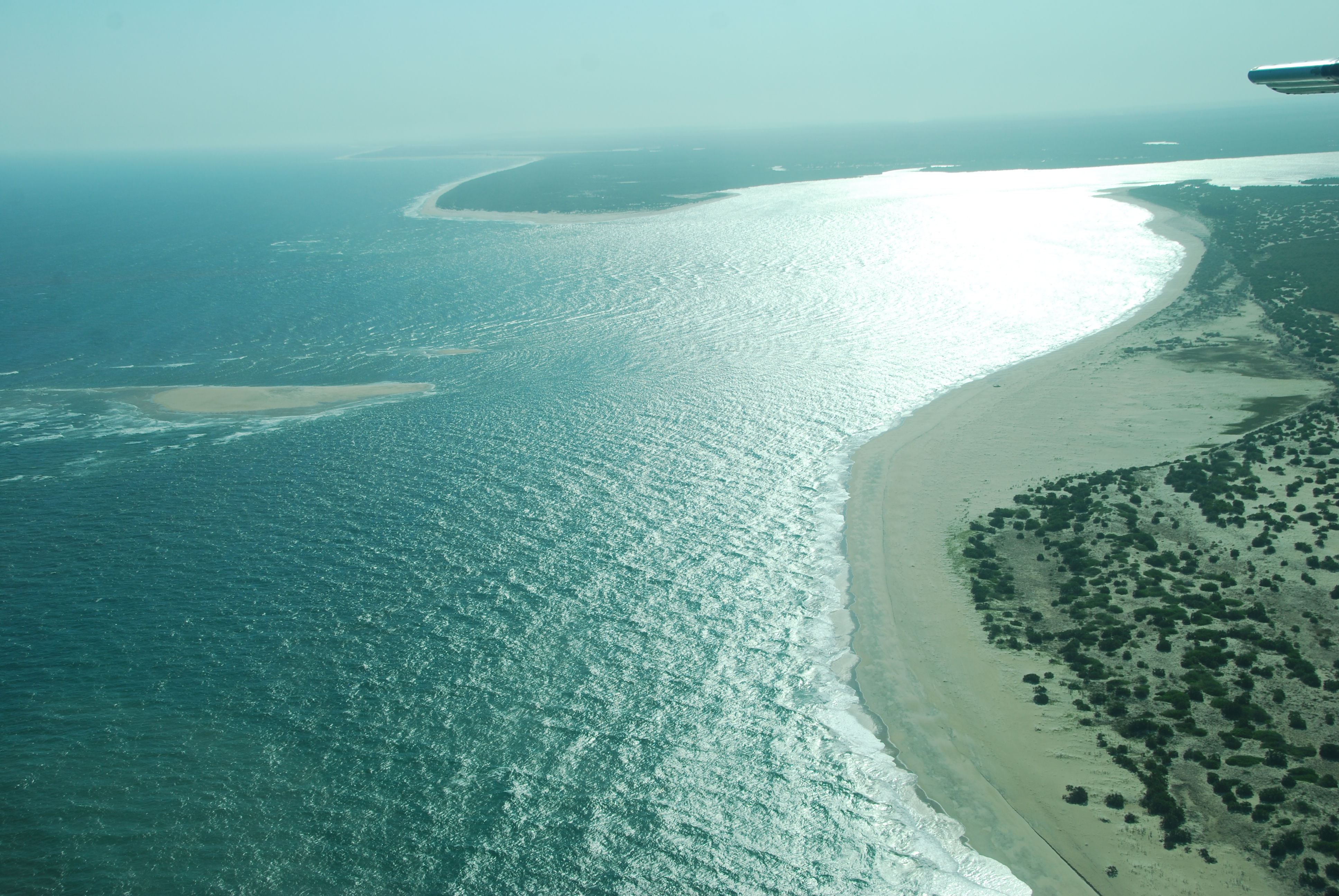Mapping Oil and Gas contracts in the Northern Mozambique Channel
The Northern Mozambique Channel (NMC) is one of the richest marine areas in the world in terms of biodiversity. WWF-SIGHT provided the data and analysis to carry out the Oil and Gas scoping study for the NMC, estimating that 556 209 ha of IUCN Protected Area are overlapped by Oil and Gas concessions.
Interactive map of the Northern Mozambique Channel (Click on top left of the map for more info)
The Northern Mozambique Channel (NMC) Assets
the NMC is the 2nd richest in the world in terms of coral reef biodiversity, a rich fishing ground with tuna fisheries worth $2 billion/yr in the Western Indian Ocean, a reservoir for small-scale fishers who account for 70-80% of all catches and an increasingly popular destination for coastal tourism and diving. At the same time, the Northern Mozambique Channel sees 30% of global tanker traffic plying its waters while trillions of gas reserves wait to be tapped below the sea. In this part of the world, WWF and partners are working closely with local institutions and governments to help carve a new development path–one that involves large-scale conservation while contributing to sustainable economic development and the prosperity of the region.
WWF’s work
The premise of the Northern Mozambique Channel initiative is simple: to support the countries in the region to value, protect, and even enhance the natural ocean assets that are central to their economies. At its core, the initiative promotes sustainable practices and integrated management of marine-based activities such as fishing, tourism, extractives and shipping into the long term.
To sustain such approach, an oil & gas scoping study has been undertaken by the NMCi coordination team (in WWF Madagascar) from January to April 2016. This scoping study particularly focuses on the NMC area which covers parts of Mozambique,Tanzania, Madagascar, Seychelles, and the entire Comoros and Mayotte (France). The use of spatial information from the WWF-SIGHT was key in such scoping study to build an overview of the oil & gas sector within the NMC area and to understand the potential environmental impacts of current and upcoming investment projects. Through the use of the WWF-SIGHT platform/tool, the NMCi could provide the NGOs with a common understanding of the sector.
Using WWF-SIGHT, it was estimated that 556 209 ha of IUCN Protected Area are overlapped by Oil and Gas concessions. However, this could drastically increase with more contract awarded.
In many cases, oil and gas exploration and drilling is permitted in or near Marine Protected Areas (MPAs). WWF believes that the threat posed by oil developments – and the oil and gas industry’s track record in often failing to protect the environment adequately – makes such developments too big a risk to be allowed near or in MPAs.
However, even if exploration and drilling were prohibited in and around all marine parks and reserves, many areas of high conservation value would still be vulnerable – less than 1% of the world’s oceans has been declared as MPAs.
Way forward
The findings and spatial material provided by WWF-SIGHT are used by the group of organisations working on the Northern Mozambique Channel Initiative to highlight environmentally sensitive areas to national and international oil companies, and also to governments. This provides key information to raise awareness on the potential risks, and will allow the NMC initiative to involve them in marine spatial planning, management and mitigation of those sensitive areas.
Such understanding allows the NMCi to currently catalyze the development of a common strategy among NGOs to properly address the regional threats and opportunities posed by oil & gas activities and investments. The WWF-SIGHT tool will be further used to sustain this joint strategy development process and certainly in several future processes and aspects related to the implementation of such NGO strategy: advocacy, negotiation, capacity building (etc.) by governments, CSOs and private sector. From the outcomes of the first NGO oil & gas meeting in March 2016 in Nairobi, these processes will aim at enhancing the governance of the sector.
For more information contact Harifidy Olivier Ralison

Primeiras e Segundas Protected Area (Mozambique)